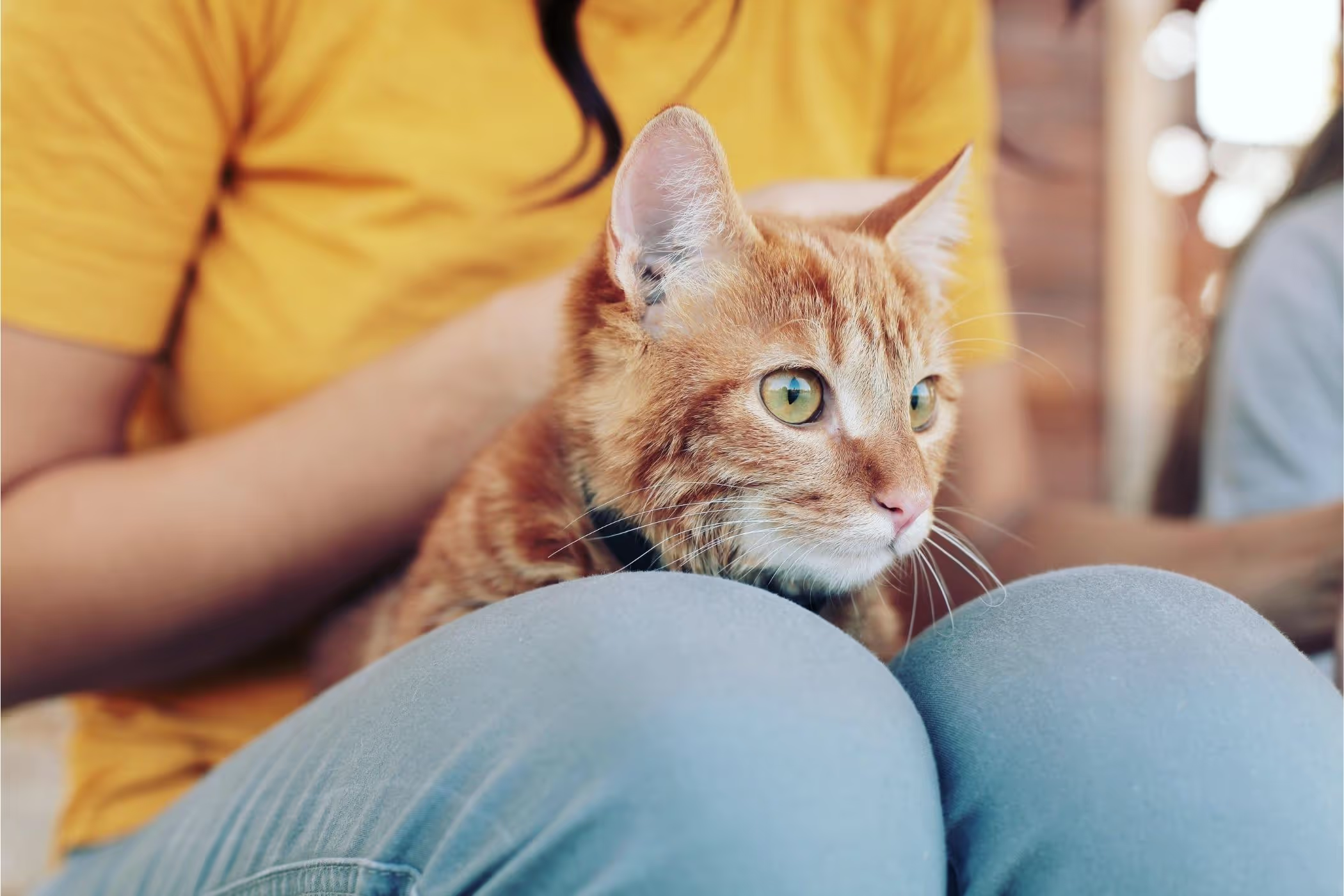Like many people, you probably consider your pets to be a part of your family and want to make sure they’re taken care of after you’re gone. But in the eyes of the law, pets are considered property, and you can’t use your will to leave them an inheritance. However, you can still provide for your pets’ care when you make a will by naming a “pet guardian,” a.k.a. a beneficiary for your pet.
Including a pet clause in your last will and testament
Since pets are seen as property under the law, they’re a part of your estate, just like any other property you own. Because of this, you can use your will to leave them as a gift to someone, just like you would with any other property. To do this, list the recipient (for example, your sister) as a beneficiary in your will, and name the pet (for example, Buddy the dog) as what they’ll receive. The person you entrust with your pet is called a pet guardian or caregiver.
When listing your pets in your will, it helps to be specific — especially if you own more than one animal. For example, instead of writing “my dog goes to my sister,” write your dog’s name and breed, and use your sister’s full legal name.
If you use FreeWill to create your will, we include a pet clause section. In it, you can answer a few questions about your pets and who you want to care for them after your death. Then, your answers will be included in your will forms under a section called “pet care directives.”
Choosing a pet guardian
When deciding on a guardian for your pets, it’s a good idea to choose someone you know and trust. You probably want to select someone who will love and provide for your pets like you would. This person will become your pet’s new owner, and will be responsible for providing food, shelter, vet care, and companionship.
Being a pet guardian is a big responsibility, so make sure your nominee is up to the task before you select them. If you have several pets, consider if you want one person to care for all of them, or if you want to send them to separate homes. If there’s no one in your life you trust to look after your pets, you may consider naming a local shelter or rescue group as their beneficiary — but you should clear it with the organization first, and consider leaving a donation to offset costs. And if you have especially complicated pet care wishes, you might want to speak to an attorney to make sure they’re carried out.
Leaving money to pets in a will
Since pets are considered property, you can’t leave them money in your will. However, if you name a pet guardian for them, you can leave money and property to that person. If you make your will with FreeWill, you can request that they use those assets to care for your pets.
You should know, though, that your pet guardian isn’t legally required to honor these requests. That’s why you should leave your pet with someone you trust to follow your wishes.
If you want to set aside money for your pet’s care with a legally binding obligation that it’s used only for your pet’s benefit, then you should speak to an estate planning attorney. They can help you establish a pet trust.

Leaving instructions for your pet guardian
When you make a will, you can include a request that describes the care you want your pets to receive. For example, you could request that your pet guardian takes your dog to the vet twice a year or only feeds him organic food. Again, these requests aren’t legally binding, so make sure you choose a guardian you trust to follow them.
Setting up a pet trust
A pet trust lets you leave money and instructions specifically for your pet’s care. Setting up a pet trust is similar to setting up any other trust. You’ll likely want to speak with an estate planning attorney, who can help you create the documents you need.
When you set up a pet trust, you name a trustee. This person will most likely act as your pet’s guardian, as well as have the legal authority to manage your trust after you pass. They may also be able to take care of your pet if you fall ill and become incapacitated. Your trustee is obligated to use the money you’ve left in the trust for your pet’s care, according to your instructions.
When deciding how much money to allocate to a pet trust, consider your pet’s life expectancy, their expenses, and their likelihood of developing health issues. Whatever you allocate, it should be within the realm of possibility of what your pet might need for their care. If you leave an excessive amount of money in a pet trust, your family members may be able to challenge it in court.
Adding new pets to your will
Generally, you should update your will every few years or after any big life events, like getting married or having a child. When you update your will, you can include your new pets and name new pet guardians.
It’s not always easy to keep your will up-to-date. If you make your will on FreeWill, we’ll include a clause that covers any pets you specifically name, as well as any other pets you own and didn’t name. That way all your new pets will be left to the guardian you choose.
What happens to your pet when you die?
There are a few scenarios that could take place for your pet when you die:
- If you have a will with pet care directives, your pet should go to the pet guardian you named. If you have a pet trust, your pet should go to your trustee or whoever you named as caretaker.
- If you have a will, but it doesn’t mention your pet, then your pet may go to your residuary beneficiary. This is the person you named to receive what’s left of your property after all your other beneficiaries are paid out.
- If you don’t have a will at all when you die, then your property (pets included) are subject to your state’s “intestacy” laws. This typically means that a local probate court will appoint someone as the executor of your estate. That person will be responsible for deciding what happens to your pet. Unfortunately in these circumstances, pets are often put in shelters instead of given to family or friends. That’s why it’s important for you to protect your pet in your will.
Protect your pet companions with a will
Whether your pets are furry, feathery, scaly, or somewhere in between, you can make sure they’re cared for by listing them in your will. You can create your free legal will using FreeWill, including a pet clause where you can name a guardian and care instructions for your pets. Get started today.
Make your free estate plan today

Make your free advance healthcare directive

Make your free durable power of attorney

Make a stock donation today

Make your free revocable living trust










